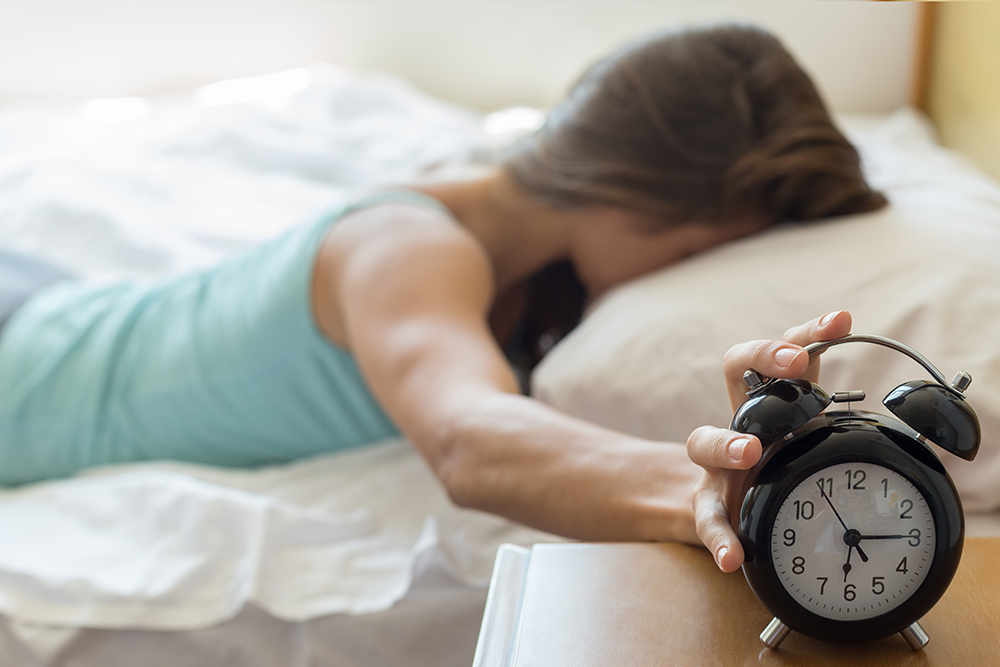
What Happens When You Sleep?
Our brains are wired to respond to cycles of light and dark. As evening approaches, the hypothalamus signals to the pineal gland to start making melatonin to begin the process of moving from wakefulness to sleep. We move through the stages of sleep in cycles that last about 90 minutes, and most adults need five cycles, or about seven and a half hours of sleep, for the brain to do its work.
Stage 1 is light sleep, in which the brain waves slow down, then in Stage 2 the metabolism gets busy regulating itself—think of this as the “body maintenance” stage. Stage 3 is deep sleep, when your body secretes growth hormone, associated with cellular rebuilding and repair. It’s Stage 4, or rapid-eye-movement (REM) sleep, that’s all about the brain. The thalamus becomes active, sending images, sounds, and other sensations that fill our dreams to the cortex, which is responsible for processes of learning, thinking, and organizing information.
What Happens When You Don’t Get Enough Sleep?
The effects of sleep deprivation are well documented and include:
• Diminished cortical function. The cortex suffers if it doesn’t spend enough time in sleep stages; that inhibits executive function, which affects your ability to multitask. Driving is the most intense multitasking activity, so sleep deprivation is especially terrible for drivers.
• Diminished attention span and weakened working (short-term) memory
• Loss of creativity. Divergent thinking (problem-solving) is one of the first things to go when one is sleep-deprived.
• Depression. The areas of the brain involved in circadian rhythm (the “body clock”) are disrupted in depressed people; sleep deprivation can cause or worsen depression.
• Increased blood pressure, heart rate, and levels of thyroid hormone and the stress hormone cortisol.
• Increased inflammation, with myriad brain effects
What to Do
• Get the right amount of sleep, but at least 7 hours. If you need an alarm clock, you are probably not only short-changing your brain but you may also be trying to get yourself up during your deep sleep or REM stage instead of during the light sleep stages when your body is primed to awaken. Consider using an app that monitors your sleep and wakes you up during light sleep at a time closest to when you need to be up.
• Help your brain and body prepare for sleep by avoiding overstimulation, caffeine, alcohol, and blue light (that light from your phone and TV just happens to be on the wavelength most disruptive to production of melatonin) as bedtime approaches.